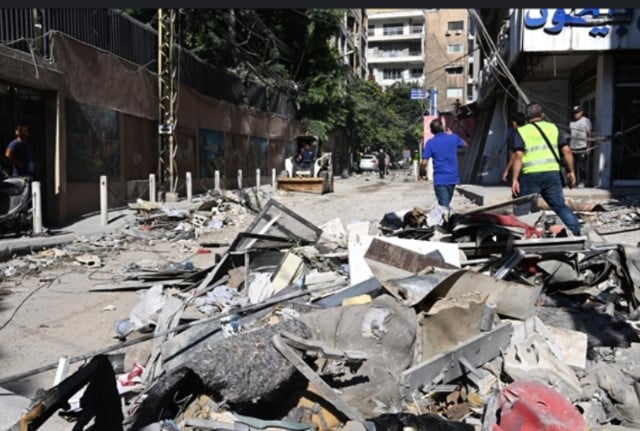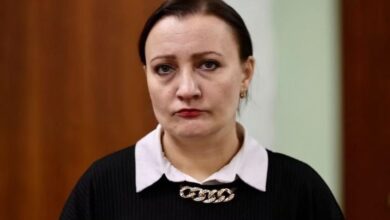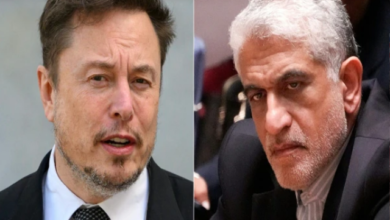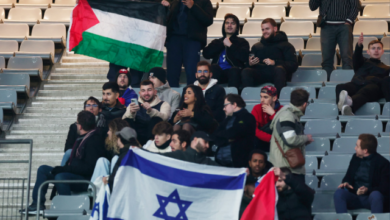An Israeli airstrike hit the southern suburbs of Beirut early Wednesday morning, following recent US objections to the scope of Israel’s attacks on the city, which have led to rising civilian casualties and heightened fears of a broader conflict involving Iran.
Witnesses reported a large blast, hours after the Israeli military issued an evacuation order for the targeted area.
This latest strike is part of a broader Israeli campaign aimed at weakening Hezbollah, the Iran-backed group that has been engaged in cross-border hostilities with Israel for over a year.
The Israeli military began invasions into southern Lebanon two weeks ago to push Hezbollah forces north.
The United Nations has reported that more than a quarter of Lebanon’s population has been affected by evacuation orders.
The southern suburbs of Beirut, a Hezbollah stronghold, had not been hit in several days before this attack.
On October 10, Israeli strikes in central Beirut killed 22 people and destroyed buildings.
Hezbollah official Wafiq Safa was reportedly the target of that strike, though he survived.
The United States has expressed concerns over the intensity of Israel’s bombing campaign in Beirut.
US State Department spokesperson Matthew Miller stated that while the US supports certain Israeli military attacks, it opposes the scope and nature of recent attacks, particularly in densely populated areas.
Washington’s unease stems from the mounting civilian death toll, with over 2,350 people killed in Lebanon and more than 1.2 million displaced, according to Lebanese health ministry figures.
Despite international calls for a ceasefire, Israeli Prime Minister Benjamin Netanyahu has rejected these proposals, particularly during a conversation with French President Emmanuel Macron, who has pushed for diplomatic resolutions in Lebanon.
Hezbollah’s deputy chief, Naim Qassem, vowed to continue retaliatory attacks on Israel but also called for a ceasefire.
Since Hezbollah’s longtime leader, Hassan Nasrallah, was killed in an Israeli attack in September, the group has ramped up its activities.
Qassem warned that Hezbollah would increase operations against sraeli targets unless Israel halts its attacks.
The hostilities in Lebanon have been ongoing since Hezbollah began firing rockets into northern Israel in support of Hamas during the Gaza war that started in October 2023.
Hezbollah has launched numerous rocket attacks on Israeli positions, with Israel responding with airstrikes targeting Hezbollah strongholds, including the Bekaa Valley and southern Lebanon.
The ongoing conflict has resulted in significant civilian casualties, particularly in Lebanon.
Despite the Israeli military claiming that its invasion target Hezbollah infrastructure, civilian areas have been heavily affected.
In one of the latest incidents, at least 15 people were killed in an Israeli strike on the southern Lebanese village of Qana, a location that has seen previous massacres during Israeli-Lebanese conflicts in 1996 and 2006.
With the conflict intensifying, international diplomatic efforts have stalled, and both sides continue to exchange fire across the border.
The potential for further escalation remains high as Hezbollah threatens additional strikes, and Israel seeks to dismantle Hezbollah’s military capabilities.







